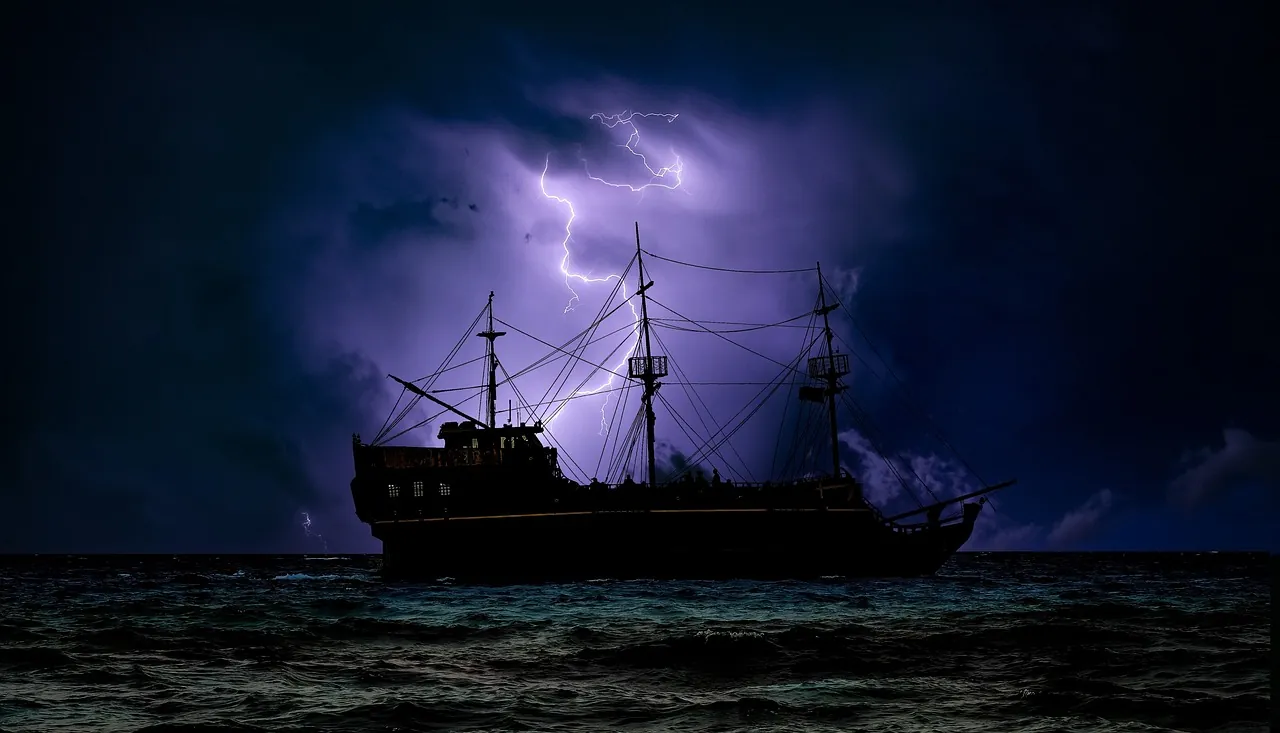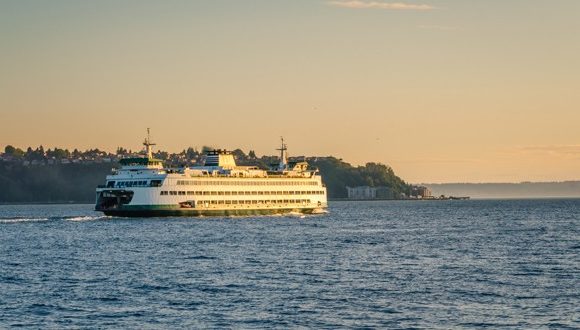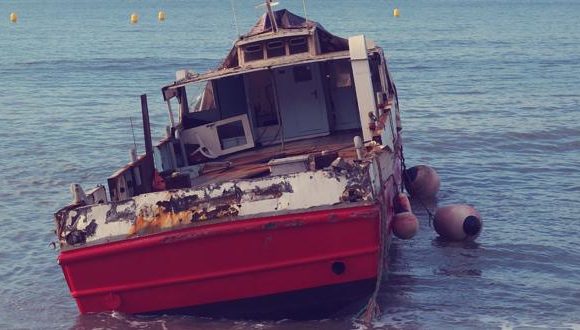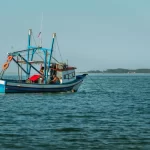Taming the Ocean’s Wild West: International Maritime Security Initiatives in the 21st Century

The vast expanse of the world’s oceans – a seemingly boundless frontier – can feel like the Wild West at times. Here, illegal activity flourishes: piracy, human trafficking, the illicit arms trade, and even illegal fishing operations that pillage resources, all concealed by the immensity of the blue yonder. But unlike the cowboys of old, nations today are not riding solo. A spirit of international cooperation has emerged, fostering a network of initiatives aimed at taming this maritime Wild West. These initiatives represent a shift away from a lone ranger mentality and toward a collaborative approach, recognising that the safety of one nation’s waters often depends on the security of another.
The Neighbourhood Watch of the Sea
Joint naval patrols, the maritime equivalent of neighbourhood watch, are a cornerstone of this effort. Imagine a multinational flotilla crisscrossing a designated area, a united front against piracy in the Gulf of Aden, drug cartels in the Caribbean, or illegal fishing in the South Pacific. These patrols not only deter but actively disrupt criminal activity. The presence of multiple navies sends a powerful message to would-be criminals and creates a layered defence that becomes harder to breach. Beyond this, joint patrols build trust and foster interoperability between participating navies, allowing officers to learn best practices from each other and cement vital relationships. They become a floating hub for training exercises and the exchange of knowledge and tactical expertise.
A Global Whispering Network
Information sharing is another crucial weapon in this arsenal. Picture a global network where nations can tip each other off about suspicious vessels, known smuggling routes, or emerging threats. This real-time intelligence exchange allows coastguards and navies to anticipate and disrupt criminal activity before it can take root. Imagine a tip about an unusual route taken by a cargo ship leading to its interception and the discovery of illegal contraband (IMO, 2023). Information sharing can also extend to weather patterns, navigational hazards, and updates on maritime chokepoints, enhancing safe transit for all. International collaboration through information sharing can literally be a lifesaver, both in preventing crimes and facilitating rescues at sea. A recent study by the One Earth Future Foundation found that information sharing led to a 40% increase in successful interdictions of illegal smuggling operations (One Earth Future, 2022).
The Rise of Cyber Threats at Sea
While traditional maritime threats still persist, a new danger lurks in the digital realm. Cyber threats have the potential to cripple maritime operations with devastating consequences. Hackers could target shipboard navigation systems, causing collisions or groundings, potentially leading to environmental disasters. Port logistics could be disrupted by ransomware attacks, leading to costly delays and supply chain disruptions, impacting global economies. Even the integrity of maritime data could be compromised by cyberattacks, masking the identities and routes of vessels engaged in illegal activities, making it harder to track criminal activity on the high seas. The interconnected nature of modern shipping, with its reliance on digital systems, makes it particularly vulnerable. This highlights the need for proactive international collaboration in cybersecurity defences. Initiatives to share cyber threat intelligence, develop industry-wide cybersecurity standards backed by rigorous international regulation, and conduct joint training exercises are crucial in shielding the maritime domain from these unseen attacks.
Protecting Marine Ecosystems
Maritime security initiatives go beyond safeguarding trade and human life; they also play a vital role in protecting the delicate balance of marine ecosystems. Illegal, unreported, and unregulated (IUU) fishing practices plunder fish stocks, threatening food security and the livelihoods of coastal communities around the world. Marine pollution, often caused by illicit dumping or lax practices, damages fragile habitats, marine biodiversity, and can even impact human health through contaminated seafood. International cooperation is essential in combating these environmental crimes. Information-sharing networks can help track vessels suspected of IUU fishing, while joint patrols can act as deterrents against illegal practices in marine protected areas or known fishing grounds. Capacity-building programs aid nations in developing sustainable fisheries management, effective pollution control measures, and provide technical support for marine conservation efforts. By protecting the health of our oceans, we secure vital resources for future generations and safeguard the intricate web of life that our planet depends on.

Challenges and the Path Forward
The evolving nature of maritime threats demands constant adaptation. New technologies are exploited by criminal elements, from unmanned vessels carrying illicit cargo to sophisticated methods of masking ship identities, and even drone technology for surveillance or delivery of illegal goods. Cyber threats are also on the rise, with the potential to disrupt vital port operations, critical navigational systems, or even compromise shipboard systems (UNODC, 2022). Geopolitical tensions can complicate international cooperation, potentially hindering information-sharing agreements or joint patrols. This highlights the need for a commitment to the bigger picture, recognizing that maritime security is a shared global responsibility that transcends political differences.
Successes and the Future of Collaboration
Despite the challenges, the benefits of international cooperation are undeniable. Collaborative efforts have led to a significant decrease in piracy off the coast of Somalia, with reported incidents dropping from over 200 in 2010 to a handful in recent years (IMO, 2021). Information-sharing networks have facilitated vital drug seizures, the rescue of human trafficking victims, and even helped identify the perpetrators of illegal fishing that threatens marine ecosystems (The Stimson Center, 2023). The future of maritime security hinges on continued international collaboration, dialogue, adaptability, and inclusivity to ensure all nations have a voice.
Conclusion
The vastness of the oceans may be daunting, but by working together, nations can create a safer and more secure maritime domain for all. The success of existing initiatives demonstrates the collective will to tame the Wild West of the modern seas, but it’s an ongoing effort.
References
- International Maritime Organization (IMO). (2023). Maritime Security.
- Modern Piracy: causes, impact and solutions
- International Maritime Organization (IMO). (2021). Piracy and Armed Robbery Against Ships, Annual Report 2020.
https://www.icc-ccs.org/piracy-reporting-centre/live-piracy-report - Oceans Beyond Piracy. (2022). The State of Maritime Piracy.
- One Earth Future. (2022). Oceans Beyond Piracy Annual Report 2022.
- United Nations Office on Drugs and Crime (UNODC). (2022). Global Maritime Crime Programme. https://www.unodc.org/unodc/en/piracy/index.html















